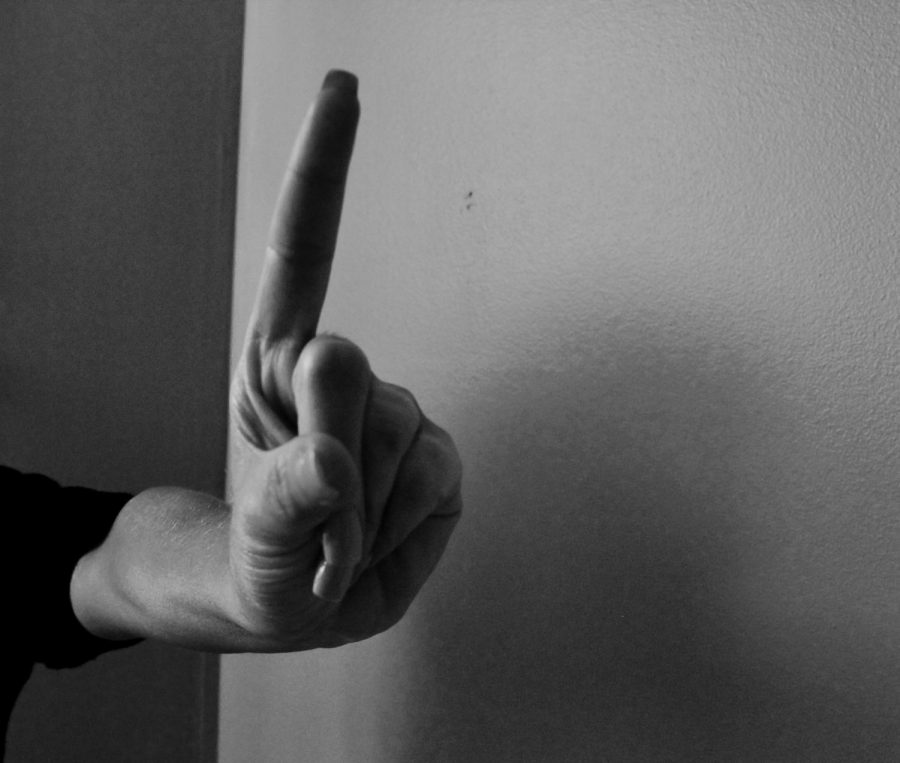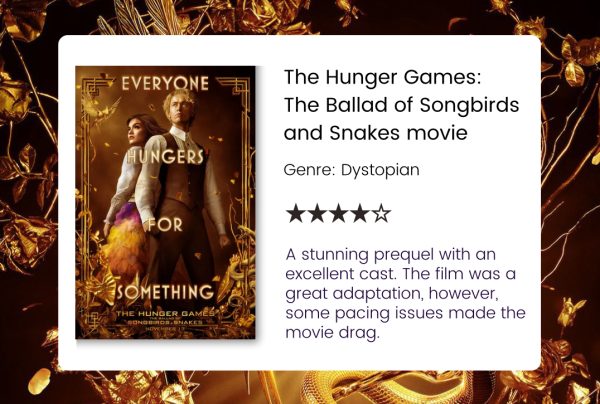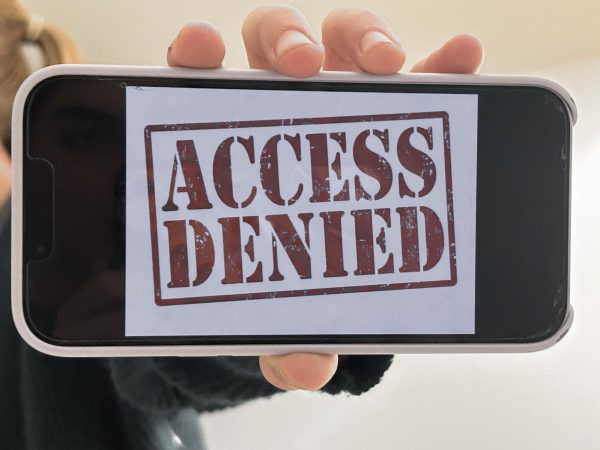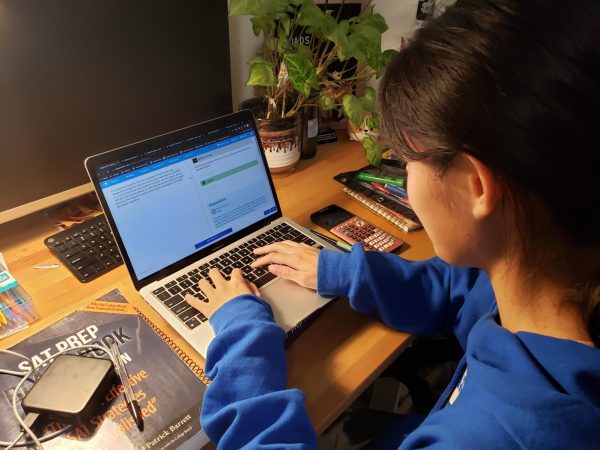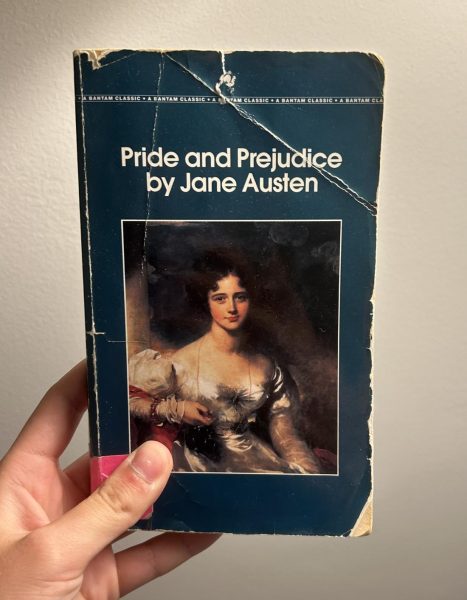“Bad teachers:” student complaints go unresolved
Photo by photo by Ellie Melvin
Grumbles, rants, and complaints about teachers are not unfamiliar to most high schoolers, even just in a day walking down the hallways. Though it seems plenty of people get an ear full of them everyday, ignoring complaints about teachers could be hurting students.
64.5% of high schoolers nationwide say that a teacher has negatively impacted them, according to stageoflife.com. Despite this startling number, it’s uncommon that students will go to a counselor about issues with a teacher, according to Laura Beata, counselor, meaning concerns about “bad teachers” tend to either go unreported or unresolved.
Kenzie Westbrook, junior, moved to Lake Zurich just in October, and soon after was thrust into a tough teacher experience. Walking in on new curriculum during the year gave Westbrook some problems, but “communication is such a big part of” her life that the first thing she did was reach out, she said.
“[I tried] just communicating to [my teacher] that I was struggling and that I didn’t think I could catch up on my own,” Westbrook said. “I tried to make appointments with them and just figure out if there was anything I could do to improve my grade, but nothing really happened.”
Westbrook skipped to the best step of a “talk face-to-face, because sometimes things do get lost in translation,” Beata said. But then why did nothing happen?
“I got private tutoring and I even tried to meet with my teacher outside of class and everything, [but] they didn’t even show up. So I tried and I scheduled everything and it really just discouraged me,” Westbrook said. “Now I’m ending up having to retake the class online because I got a C in the class, and I can’t get my scholarship if I have a C, so it’s a pain.”
The fault here is on the teacher’s part, which suggests a problem: if teachers don’t put in the same effort as their struggling students are, those students are essentially stuck.
“It’s kind of hard to say it, but if you’re a teacher, you should at least like what you’re doing,” Westbrook said. “I feel like all teachers should care about their students. I mean, they’re teaching the future generations of our country, they should at least care how successful [students] are. Just at least help them feel like they’re not hopeless.”
So what are students supposed to do when they do feel hopeless with a teacher? The best option is speaking with a counselor. Even if it appears a hassle, student complaints do not go ignored when reported, Beata said.
“Sometimes students have come to us because, for whatever reason, they’re uncomfortable doing [approaching a teacher], and so that’s where counselors can be an intermediary or liaison to help connect the two parties because sometimes maybe there’s been a miscommunication or something that was just not going well between the two of them,” Beata said.
Westbrook admits she probably should have seen a counselor when she got to a stalemate with her teacher, but felt that it would have been “just adding in a middleman,” she said.
“It can be [difficult being the middleman] when the situation is tense,” Beata said. “I think, sometimes, both parties, if maybe things have escalated or have gone unaddressed for a while, it can be a little bit hard on both sides, but thankfully, for the most part, those are really positive experiences.”
Getting everyone in the same room and working out the issue has always ended positively, Beata said. But first, getting both students and teachers on the same page is important. It is a teacher’s duty to invest in their students’ educational success, and one-sided teacher/student relationships don’t play out well in the classroom.
90% of high schoolers in the U.S. believe their teachers care about teaching students well, according to stageoflife.com. As comforting as such a statistic is, it is a reasonable goal to push that number to 100%. Ensuring every student values the communication to express to their teachers they care, and reinforcing that every teacher values their role as an educator might just heal some damaged relationships and prevent harm to students’ educational and emotional wellbeing.

